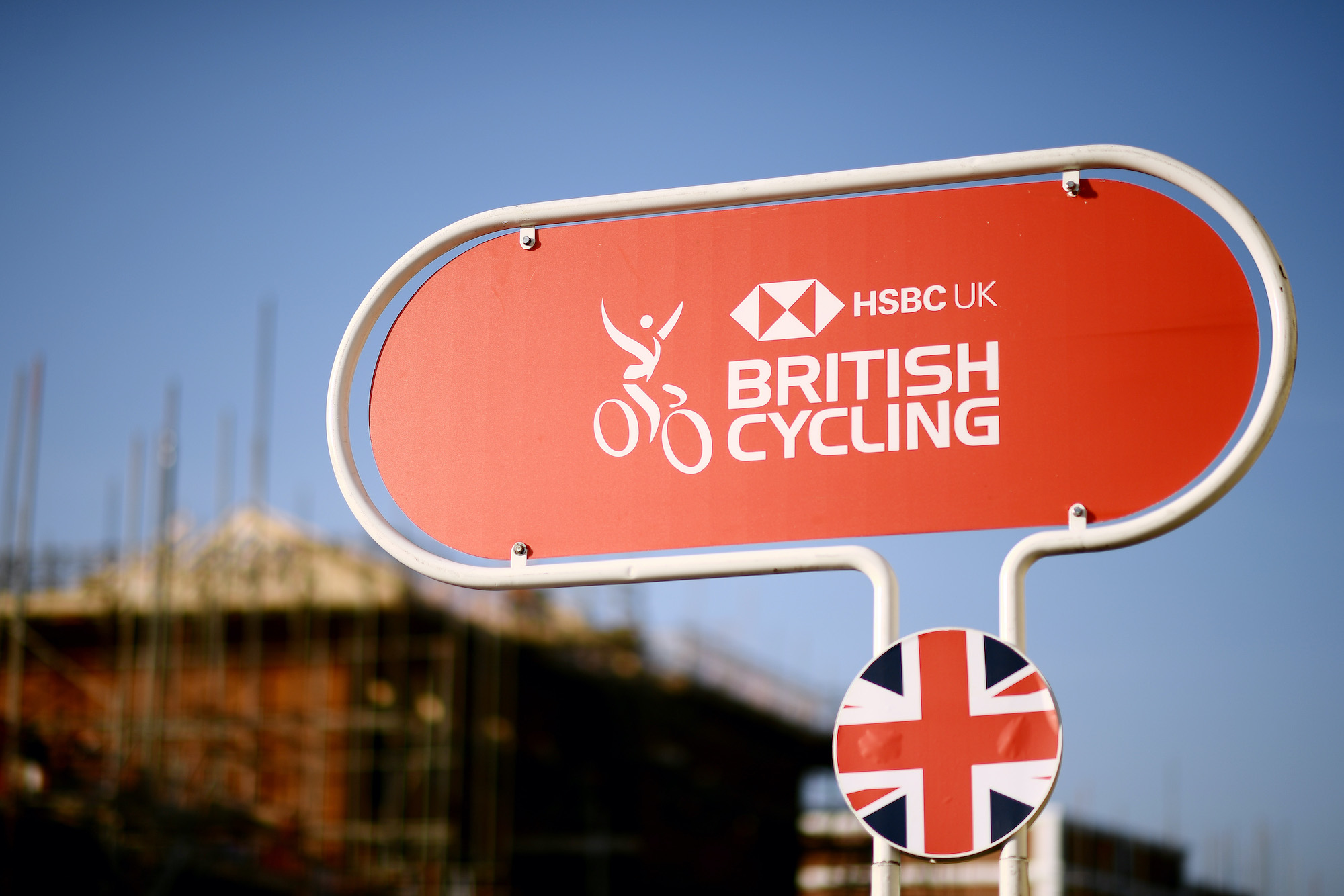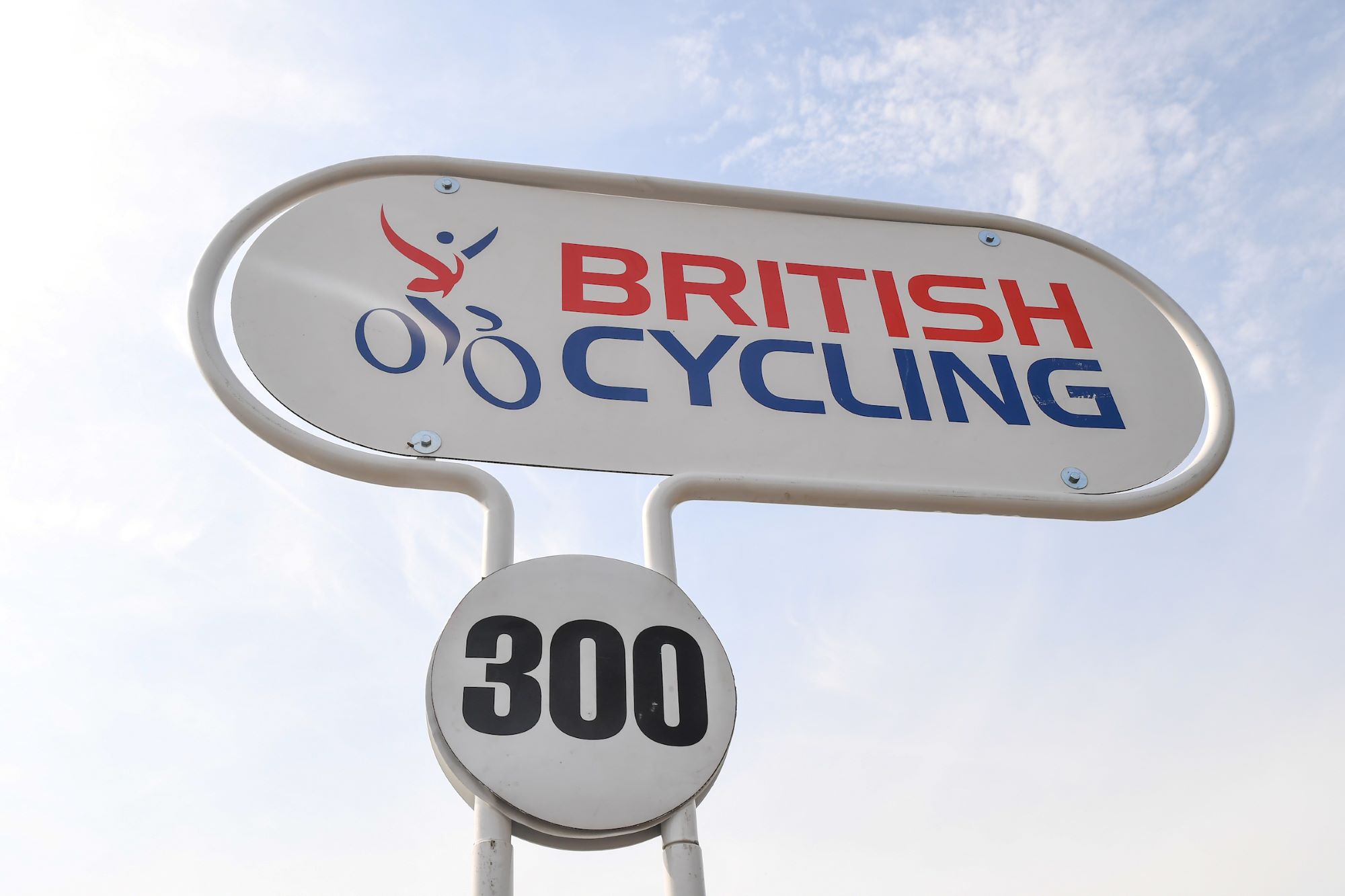British Cycling needs money, but does it need to be from Shell?
Sponsorship deal shows sportswashing is back with vengeance


For the uninitiated, a Twitter ratio is when a post on the social media network gets more replies than likes or retweets, effectively showing a wave of displeasure against said content. Monday's announcement from British Cycling that it had signed an eight-year deal with Shell UK gave rise to a humongous ratio, as hundreds showed their discontent with the partnership.
It's a bad look. Beyond anything else, beyond the money that British Cycling clearly needs, beyond the promises that have been made by Shell in terms of the support BC will get, it seems like an odd move as we move deeper into the climate emergency.
Shell UK are part of the Shell group, which has been found to be the seventh most-polluting company in the world, and there is no escaping the fact that it produces millions of barrels of oil a week. If cycling was serious about its role in the environmental crisis, this kind of partnership would not be happening.
In recent years, cultural institutions including the National Portrait Gallery, Royal Shakespeare Company, the Tate, Edinburgh international festival and Scottish Ballet, have ended their sponsorship agreements with BP, while the National Theatre, National Gallery, Southbank Centre and the British Film Institute have all ended their partnerships with Shell. And yet British Cycling seems to heading in the other direction, running into the fire.
It has been without a lead sponsor since HSBC, hardly a paragon of virtue, left last year, and it had followed the then Rupert Murdoch-owned Sky. BC need the money, but is an "official partner" deal with an oil and gas behemoth really the way? I would argue not.
In a way, the fact it is a limited partnership makes it all the more odd - why sell your soul for so little? Why open yourself to the ire of thousands of members for just a small bit of funding?
British Cycling and Shell UK are keen to point out that their partnership is in order to help with two specific projects: Limitless, which will look to break down the barriers disabled people face when accessing cycling, and BC's move towards net-zero.
Get The Leadout Newsletter
The latest race content, interviews, features, reviews and expert buying guides, direct to your inbox!
British Cycling would like this partnership to be judged on these two markers, just as Shell would like to be judged on their efforts in their investments in net zero and low-carbon technologies. But this does not change the fact that this is cycling's governing body in the UK teaming up with an oil and gas giant.
This year, Shell posted record earnings of $11.4bn (nearly £10bn) for the three-month period from April to June and promised to give shareholders payouts worth £6.5bn. While that growth has slowed in the second half of 2022, it is still making millions out of oil and gas for its shareholders, during an energy crisis.
A study originally produced by Shell in 1991, which was discovered in 2017 showed the company understood the danger of the climate crisis, and yet was slow to act to the things it had identified.
An investigation this year revealed that Shell employees were told by internal communications: “Please do not give the impression that Shell is willing to reduce carbon dioxide emissions to levels that do not make business sense.”
As people become more au fait with the concept of sportswashing and greenwashing, taking deals with brands like Shell is increasingly risky; as we head further towards the point of no return in the climate crisis, it hardly seems wise to partner up with one of the world's biggest polluters.
Sure, cycling is already a sport with huge links to petrochemicals - just look at Ineos, TotalEnergies and the presence of states like the UAE and Bahrain in the professional peloton - but a governing body should do better. It is not merely a private company, or the plaything of a petro-state, but a representation of its members' interests. BC members interests are all tied to living on a planet with secure food, water and clean air - all elements endangered by our addiction to fossil fuels - all of which are, to be generous, tough to square with Shell's business.
It might not be as cynical as it looks, and Shell might be trying as hard as it can under late capitalism , but the teaming up still rankles. Cycling is a key part of a future in which we care for the environment, and oil and gas production isn't.
Shell is changing, but it is turning about as slowly as an oil tanker filled to the brim. British Cycling can and should do better.

Thank you for reading 20 articles this month* Join now for unlimited access
Enjoy your first month for just £1 / $1 / €1
*Read 5 free articles per month without a subscription

Join now for unlimited access
Try first month for just £1 / $1 / €1

Adam is Cycling Weekly’s news editor – his greatest love is road racing but as long as he is cycling, he's happy. Before joining CW in 2021 he spent two years writing for Procycling. He's usually out and about on the roads of Bristol and its surrounds.
Before cycling took over his professional life, he covered ecclesiastical matters at the world’s largest Anglican newspaper and politics at Business Insider. Don't ask how that is related to riding bikes.
-
 'I'll take a top 10, that's alright in the end' - Fred Wright finishes best of British at Paris-Roubaix
'I'll take a top 10, that's alright in the end' - Fred Wright finishes best of British at Paris-RoubaixBahrain-Victorious rider came back from a mechanical on the Arenberg to place ninth
By Adam Becket Published
-
 'This is the furthest ride I've actually ever done' - Matthew Brennan lights up Paris-Roubaix at 19 years old
'This is the furthest ride I've actually ever done' - Matthew Brennan lights up Paris-Roubaix at 19 years oldThe day's youngest rider reflects on 'killer' Monument debut
By Tom Davidson Published
-
 Teenage British time-trial champion dies after training ride collision with car driver
Teenage British time-trial champion dies after training ride collision with car driver360Cycling “absolutely heartbroken” after death of 18-year-old Aidan Worden in Darwen, Lancashire
By Tom Thewlis Published
-
 Tour of Britain races boosted local economies by £30 million
Tour of Britain races boosted local economies by £30 millionYouGov data shows significant impact both the men’s and women’s national tours had on host towns across the country
By Tom Thewlis Published
-
 No new investment for National Series in British Cycling task force update
No new investment for National Series in British Cycling task force updateRoad and circuit series funding to continue at around £180,000
By Tom Davidson Published
-
 British Cycling receives record £39m funding for 2028 Olympics and Paralympics
British Cycling receives record £39m funding for 2028 Olympics and ParalympicsGB performance director 'incredibly pleased' with allocation for Los Angeles Games
By Tom Davidson Published
-
 British Cycling sees 11% decline in membership in less than two years
British Cycling sees 11% decline in membership in less than two yearsGoverning body focused on revenue growth after another year in the red
By Tom Davidson Published
-
 South west round of the British National Road Series an exciting chance to showcase an 'under-represented' region, say local riders and organisers
South west round of the British National Road Series an exciting chance to showcase an 'under-represented' region, say local riders and organisersBritish Cycling announced last week that National Road and Circuit series will visit the south west of England in 2025
By Tom Thewlis Published
-
 Volunteers needed to help revive UK racing scene
Volunteers needed to help revive UK racing sceneA shortage of volunteers and accredited marshals has left race organisers in limbo
By Tom Davidson Published
-
 Riders on elite women’s race team allege sexual harassment from banned youth coach after past police warnings and safeguarding concerns raised with British Cycling
Riders on elite women’s race team allege sexual harassment from banned youth coach after past police warnings and safeguarding concerns raised with British CyclingOwner was involved with women’s team despite police advice that he was not an appropriate individual to work with adult females
By Tom Thewlis Published